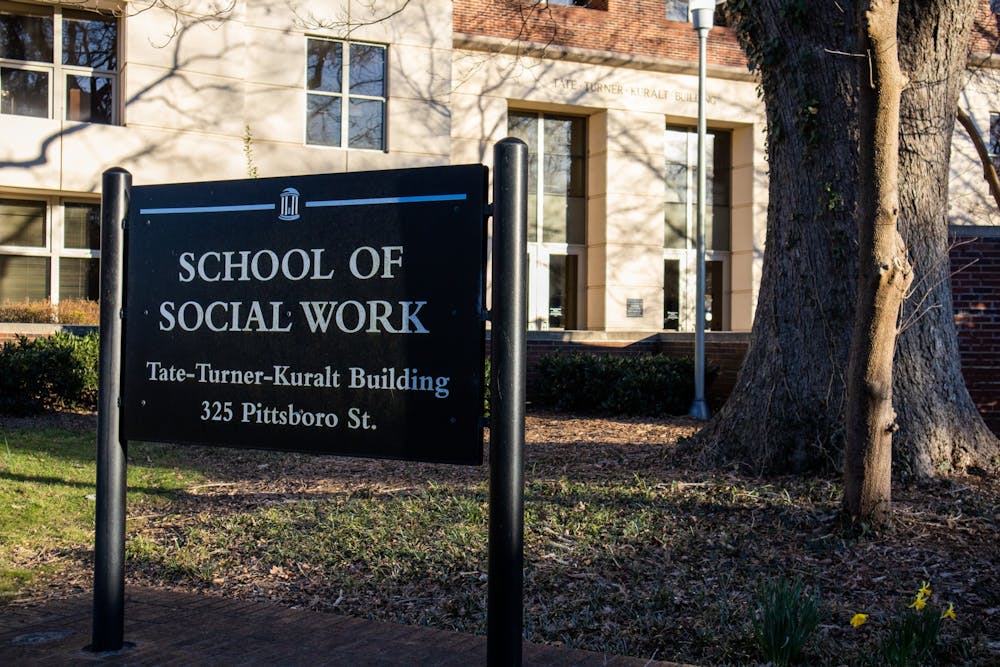This month, the UNC School of Social Work began its second annual Black History Month Research Series.
Hosted by UNC’s Global Social Development Innovations and INSPIRED lab, the series consists of virtual workshops and panels discussing research on inequities within the field of social work. The program’s first webinar occurred Feb. 8 and the series will continue to feature speakers through the end of the month.
The purpose of the Feb. 8 forum, “Confronting Racism Denial: Naming Racism and Moving to Action," was to provide a platform for “naming, challenging and eliminating racism”, said Trenette Goings, professor of social work and moderator of the lecture.
Dr. Camara Jones, senior fellow at the Satcher Health Leadership Institute and speaker at the lecture, said racism denial encompasses the banning of racism education, equity and social justice.
She also said racism denial refers to instances of people not using the term ‘racism’ even when conducting anti-racism work – such as scholars who research disparities in health.
“You must name a problem to even get started on the solution,” Jones said.
Her presentation also included conversations about systemic racism, its impact on society and the importance of dismantling racism.
Jones discussed the prejudices of police brutality, physician disrespect, shopkeeper vigilance and teacher devaluation as what she defines as “personally-mediated racism."
Stefani Baca-Atlas, a graduate student who attended the lecture, said the conversation was inspiring as a student studying structural racism. She said listening to Jones discuss her research and book brought “life to the story” that she had not experienced before.



